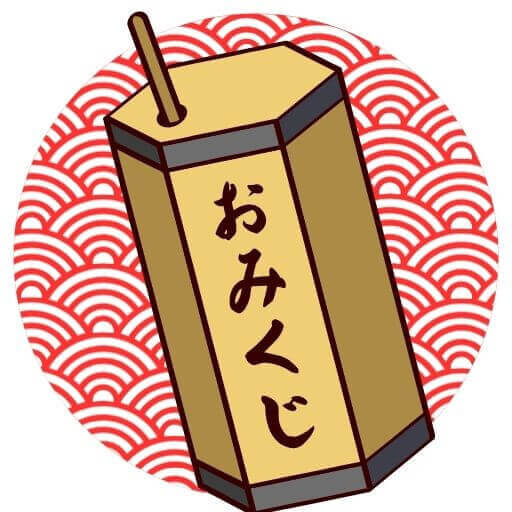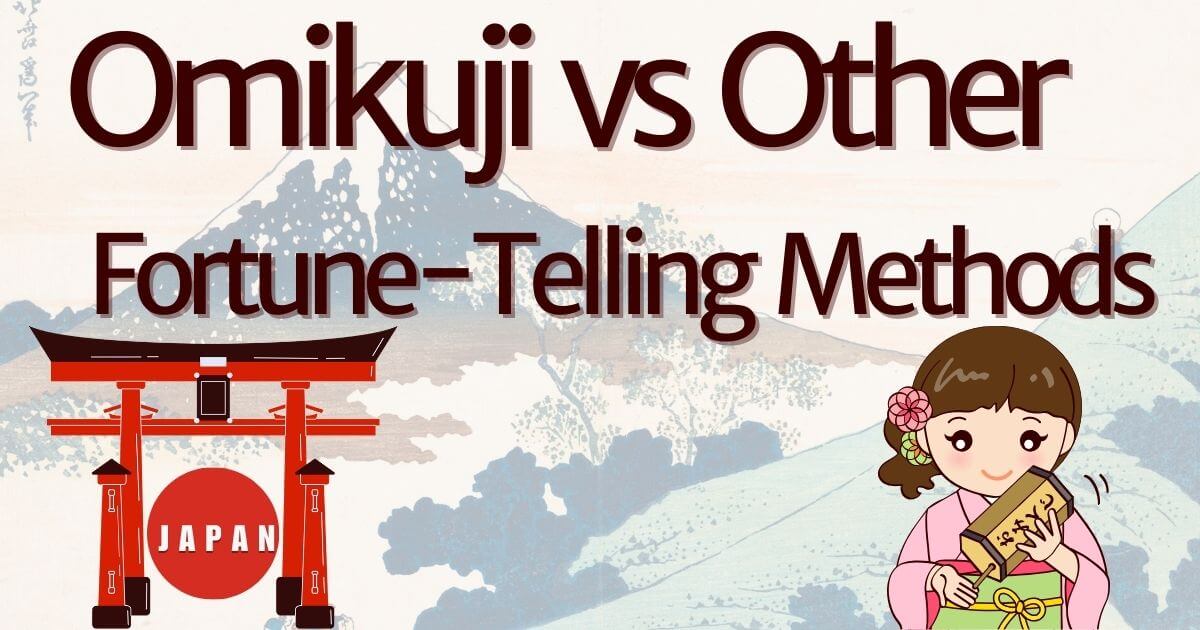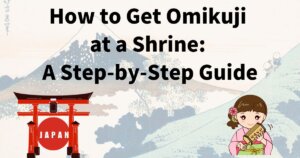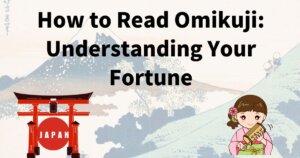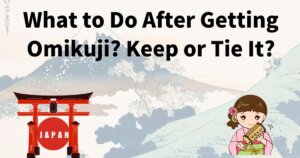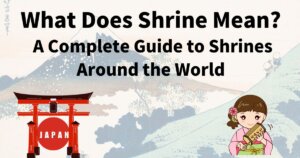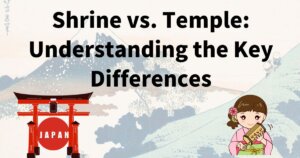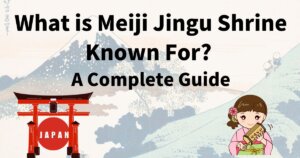📍 How does Omikuji compare to other fortune-telling methods in Japan?
Explore Palmistry, Tarot, and Name Divination for spiritual guidance.
Learn when to choose Omikuji or another method for accurate insights.
Discover how fortune-telling helps with self-reflection and decision-making.
Understanding Different Fortune-Telling Methods in Japan
Japan has a rich history of fortune-telling, with Omikuji being one of the most well-known methods. However, there are many other divination techniques that people use to seek guidance in their lives.
Omikuji (おみくじ) – Fortune Slips at Shrines and Temples
Omikuji are randomly drawn fortune slips found at shrines and temples. They contain various levels of luck and advice based on Shinto or Buddhist beliefs.
- Best for: Seeking spiritual guidance and reflection
- How it works: Shake a box, pull a numbered stick, and receive your fortune
- Common themes: Love, health, career, and general luck
Palmistry (手相占い) – Reading the Lines of Fate
Palmistry, or teso, involves analyzing the lines on a person’s palm to predict their future. It has been practiced in Japan for centuries.
- Best for: Understanding personality traits and life path
- How it works: A fortune teller examines the shape, depth, and intersection of palm lines
- Common themes: Longevity, love, wealth, career success
Tarot Cards (タロット占い) – Mystical Insight Through Cards
Tarot reading involves drawing cards from a special deck to uncover hidden truths about a person’s life and future.
- Best for: Gaining deeper psychological and spiritual insight
- How it works: Cards are drawn and interpreted based on their meanings and positions
- Common themes: Love, self-discovery, career choices
Name Divination (姓名判断) – The Power of Names
Name divination, or seimei handan , is based on kanji characters in a person’s name, which are analyzed to determine personality and destiny.
- Best for: Choosing names for babies, businesses, and marriages
- How it works: Each kanji’s stroke count and meaning influence fate
- Common themes: Luck, success, personal growth
Which Fortune-Telling Method is Best for You?
Omikuji vs. Palmistry: Quick Luck vs. Deep Reflection
Omikuji provides instant fortune while palmistry gives a more detailed life analysis.
Tarot vs. Name Divination: Psychological Insight vs. Structured Fate
Tarot focuses on interpretation and intuition, whereas name divination is based on numerical calculations.
When to Choose Each Fortune-Telling Method
- Omikuji: When visiting a shrine or temple, looking for quick guidance
- Palmistry: When wanting to understand long-term personal traits
- Tarot: When facing major life decisions
- Name Divination: When selecting a name for personal or professional use
The Cultural and Spiritual Role of Fortune-Telling in Japan
Fortune-telling is not just about predicting the future, but also about self-reflection and decision-making.
Comparing Omikuji and Other Fortune-Telling Methods
- Omikuji is a spiritual practice tied to Shinto and Buddhism.
- Palmistry examines hand lines to determine life traits.
- Tarot readings use symbolic cards for deep insights.
- Name divination analyzes kanji strokes to predict fate.
- Omikuji is ideal for quick spiritual advice.
- Palmistry is best for long-term personality analysis.
- Tarot is great for understanding emotions and choices.
- Name divination is useful for selecting auspicious names.
- Different methods suit different situations and people.
- Fortune-telling in Japan is deeply linked to tradition and belief.
- Combining multiple methods can give a more complete picture.
- The most important aspect is personal interpretation and application.
